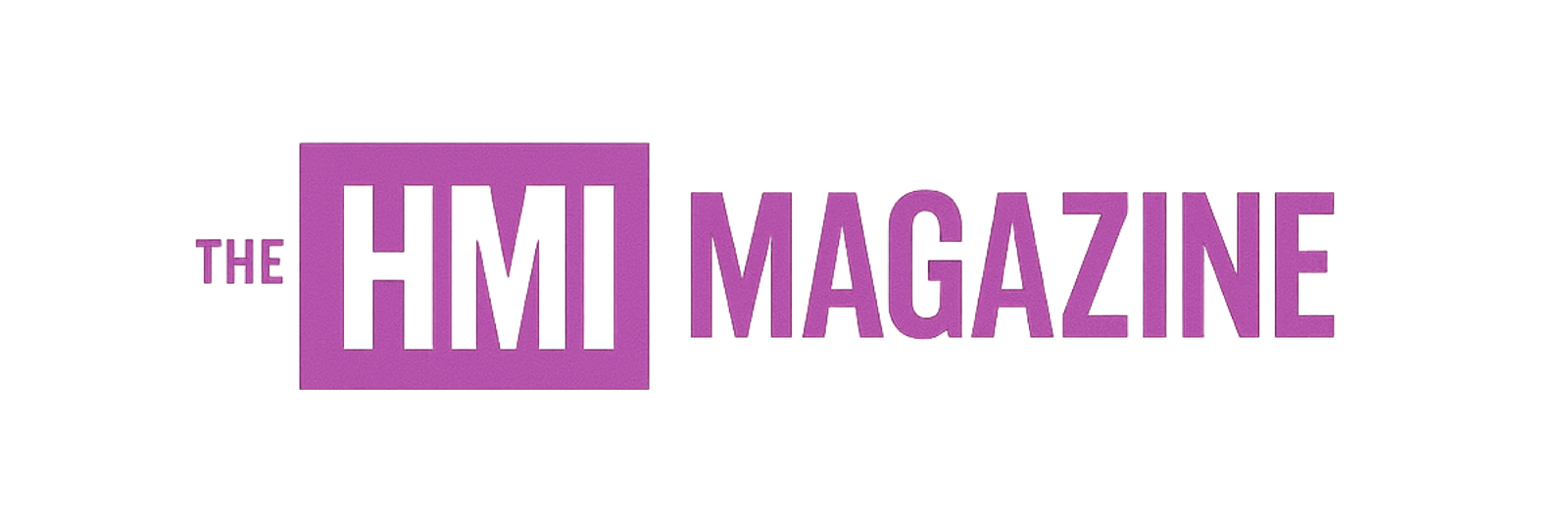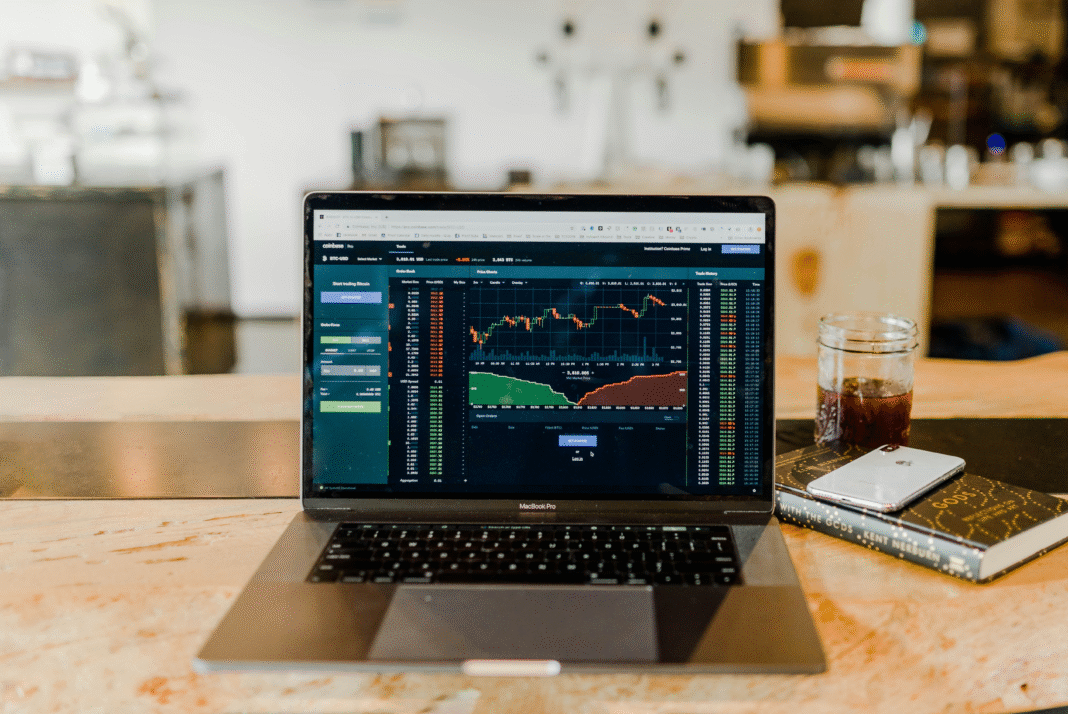1. A Sudden Market Shock
In 2024, Morocco’s Casablanca Stock Exchange (CSE) faced a notable episode of increased volatility. While the broader market ended the year with significant gains—MASI recording +84% gains frontierafricareports.com+12linkedin.com+12globalnews.com+12 —interim fluctuations raised investor concerns, mainly driven by politically rooted developments.
2. Economic Policy vs. Inflation: Central Bank Dilemma
By 2022–23, inflation had surged to over 8%—its highest in decades—prompting Bank Al‑Maghrib to resist aggressive rate hikes, fearing an adverse impact on growth and employment frontierafricareports.com+1en.wikipedia.org+1. The delicate balancing act between controlling inflation and stimulating private investment signaled policy paralysis, prompting investor unease as central bank signals appeared inconsistent.
3. State Ownership & Elite Influence
Morocco remains characterized by a high degree of state ownership and political-economic elites’ involvement:
- Key sectors like banking and utilities are dominated by institutions influenced by royal or government stakeholders, en.wikipedia.org+9bti-project.org+9investing.com+9en.wikipedia.org.
- The 2018 consumer boycott, sparked by ties between wealthy elites (e.g., Prime Minister Aziz Akhannouch) and essential goods providers, still reverberated through sentiment, magnifying fears of political interference in markets. en.wikipedia.org.
Such dynamics foster a perception of politically driven corporate behavior, leading to increased risk premiums and investor risk aversion during periods of uncertainty.
4. Geopolitical Tensions: Regional Diplomacy & Market Impact
Morocco’s assertive stance in regional politics, particularly over Western Sahara, created both diplomatic leverage and volatility:
- The normalization of ties with Israel (2020) and U.S. endorsement of Moroccan sovereignty over Western Sahara fueled regional tension, most visibly with Algeria, dni.gov+15bti-project.org+15sciencedirect.com+15en.wikipedia.org+2en.wikipedia.org+2en.wikipedia.org+2.
- High-profile diplomatic visits, such as French President Macron’s support in October 2024, and the announcement of €10 billion in investment, offered short-term positive sentiment but also underscored geopolitical fragility.
Investors around the region responded with caution, pricing in diplomatic shifts and the potential for volatility spillover.
5. Structural Reforms & Market Resilience
Despite temporary tremors, Morocco pursued structural reform:
- Under M.S.IN forecasts, inflation was projected below 3% in 2024–25, allowing expectations of a “Goldilocks” scenario—moderate growth and stable rates. en.wikipedia.orgfrontierafricareports.com.
- The CSE’s 2024 performance reflected these hopes: a ~70% jump in daily volume and +20% yearly market cap growth reddit.com+2reuters com+2bti-project.org+2.
- Plans to launch derivatives, interest-rate futures, and REITs, as well as improve linkages with the bond market, signal a more flexible and deeper market, Reuters.com.
6. Political Catalyst: Privatization Drive
The 2024 Finance Law included plans to privatize several state-owned firms, aimed at reducing public debt and introducing private-sector efficiencies. While structurally sound, the announcement sparked short-term volatility, as markets parsed which assets were included and how political influence might shape that process.
In Summary
Morocco’s market swings in 2024 were driven less by economic fundamentals than by political narratives:
- Persistent inflation and cautious central banking raised doubts.
- Elites’ entanglement in economic power fueled mistrust and reactive sentiment.
- Diplomatic alignments, especially in Western Sahara, injected geopolitical risk premiums.
- Still, structural reforms and financial modernization restored investor confidence, setting a stronger foundation for Q1 2025’s corporate rebound (MASI +20% in Q1 alone) .
Outlook: Navigating Politics and Markets
For the foreseeable future, investors should watch:
- Monetary policy clarity—will Bank Al‑Maghrib pivot decisively or remain cautious?
- Privatization execution—how transparent and insulated from political patronage?
- Regional geopolitics—any new diplomatic rifts or advances could ripple through the market.
- CSE modernization—the success of derivatives and bond interventions could reduce volatility.
Morocco’s political-economic landscape remains the primary thermostat for its stock market’s mood swings. While turbulence may persist, continued reform and improved governance could temper political risk and anchor sustained growth.
Sources & Further Reading
- Central bank inflation vs. policy responseapanews.net+2frontierafricareports.com+2en.wikipedia.org+2en.wikipedia.orgm.economictimes.com+4bti-project.org+4reuters.com+4
- 2018 boycott and elite-market entanglements en.wikipedia.org
- Diplomatic developments on Western Sahara and regional impact
- CSE’s 2024 performance and derivatives rollout
- Monetization and privatization initiatives



